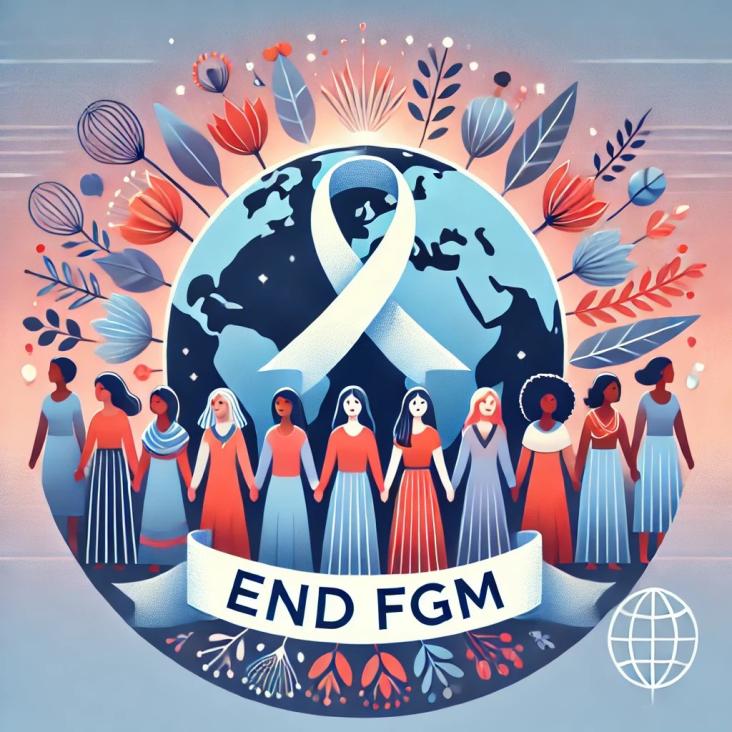Update the demographic characteristics of patients with Alzheimer’s disease and their informants in eight Asian countries and compare them from 12 years prior.
This study developed a novel mouse model with tamoxifen-inducible knockout of the Gnpat gene, enabling late-onset plasmalogen deficiency to investigate its role in Alzheimer's disease. The model exhibited significant plasmalogen reduction and associated behavioral and nerve function changes, providing a valuable tool for future research on plasmalogen involvement in neurodegeneration and potential therapies.
This review explores using nanotechnology to enhance the delivery of neuroprotective phytochemicals from medicinal plants for Alzheimer's disease (AD), addressing issues of bioavailability, solubility, and blood-brain barrier penetration, and highlights the potential of nanocarriers to revolutionize neuroprotective drug delivery and improve patient outcomes.
This paper analyses monthly data on significant changes in mean AQI and PM10 levels from 2017 to 2023 in one of teh most populous states of India, and highlights that intensified provisions may be necessary for cities predicted to fall short of meeting program targets.
This article ties to SDG3 by examining heat- cardiopulmonary mortality

International Day of Zero Tolerance for Female Genital Mutilation 2025: #HerVoiceMatters in the Global Movement to End Female Genital Mutilation
This Article supports SDG 3 by assessing the associations between oral health and functional disability and mortality in older adults.
This paper supports SDG 3 and 13 by showing that the rise in night-time heat due to climate change, which is particularly strong in urban areas due to the urban heat island effect, could have implications for health. The study found a significant association between night-time excess heat and risk of hospitalisation. Rapid urbanisation in low-income and middle-income countries means the numbers of people exposed to excess night-time heat will increase.
Long-term air pollution exposure and incident physical disability in older US adults: a cohort study
The Lancet Healthy Longevity, Volume 5, October 2024
This Article supports SDG 3 by evaluating the association between air pollutants and physical disability in older adults.

